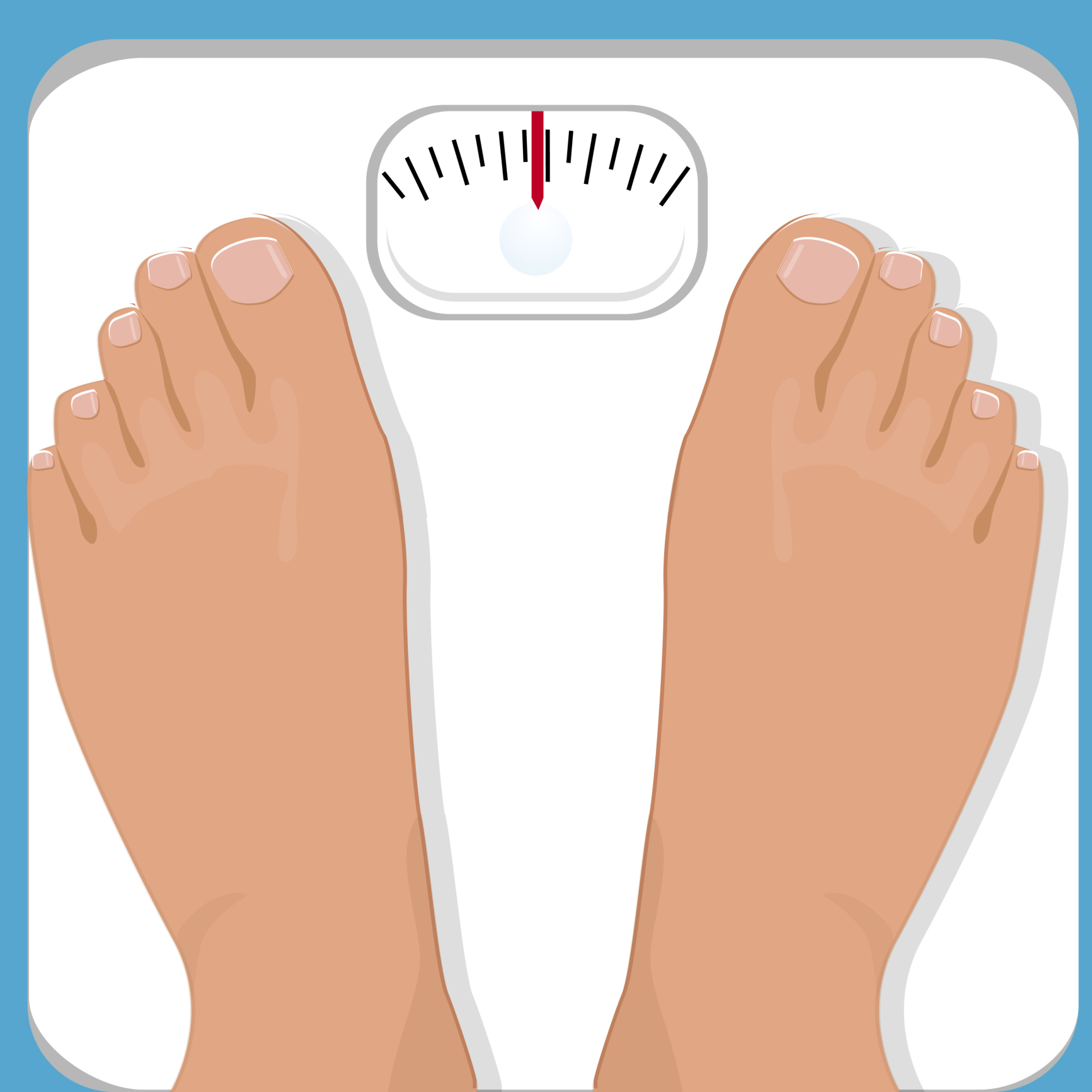Why is your weight the first thing people often notice about you? What’s so important about being weighed each time you have an appointment with your health care team?
Well, a healthy weight is crucial during cancer. Body weight is one of the vital signs or body measurements that are monitored during cancer treatments. Just as blood pressure and pulse reflect your health at one point in time, your body weight pattern too gives insight into your health. Changes in your weight may come from the side effects of your cancer, treatment plan, food intake and/or your body’s increased nutritional needs.
Weight loss that is unintended can be an issue for many people during cancer treatments. Unhealthy weight loss can lead to decreased response to treatment, delays in treatment, less resistance to germs and reduced quality of life. The pounds that are lost may be from lean muscle tissue, fat stores, or a combination of these sources. It can be especially dangerous to lose weight from your muscles, which support your body frame, supply strength and vigor to your day and provide amino acids, the building blocks of protein.
Overall weight loss often occurs when the balance of your body’s calorie needs exceed your intake of calories over a period of days. Your need for calories and protein may increase during treatment, which can take some people by surprise. Discuss your weight and nutrition goals (e.g., calories, protein and fluids) with your healthcare team. Side effects from treatment may change the way you eat or cause you inadvertently to eat less. Before you know it, your weight is on the downhill slide.
Need help to keep a good weight on during treatment? Try these strategies.
Tackle nutrition problems
Attack any nutrition issues that prevent robust eating. Problems like dry mouth, difficulty swallowing, indigestion, constipation and diarrhea can put a barrier between you and adequate food intake. Talk honestly with your oncology team to find solutions that keep you from fueling up to fight cancer.
Fix appetite downers
Your appetite can be affected by your cancer and treatments. But don’t let it get you down. Eat more when you feel the best during your day. Plan to eat small snacks or mini-meals every two to three hours. Set a timer or clock to remind you of meal times. Take a short walk before meals if physical activity is ok for you. Ask for help with your appetite from your healthcare team.
Pack a snack
Cancer treatment brings many appointments, communications and stresses. Remembering to eat between meals if often overlooked. Keep a healthy weight by having quick and easy snacks with you. Include your favorites so you will eat more. A big secret: eat a snack at bedtime. It won’t lessen your appetite for your next meal. Ideas include granola bars, trail mix, fruit, dried fruit, cheese, peanut butter and crackers, nuts, yogurt, etc.
Boost calories
Stir high calorie items and condiments into what you are already eating and drinking. Think energy choices such as margarine, vegetable oil, mayonnaise, salad dressing, shredded cheese, cream, cream cheese, sour cream, chopped meats, nut butters, just to name a few. Instead of always reaching for water, use a smoothie or high nutrition beverage. Aim for three to five boosters daily.
Check empty calories and beverages
Are you drinking low-calorie or no-calorie beverages at meals? Do you fill up before meals on lower nutrition foods like sodas and salty snacks? Slow down on those empty or no-calorie choices. Fill up instead on real food at meals with only a small beverage, maybe 4 to 6 ounces. That will leave room for wholesome mealtime food rich in nutrients and calories to fight cancer. Then between meals have liquids, water (no calories) and small healthy snacks.
These are just a few strategies to keep a healthy weight during treatment. Track your eating and weight over the next weeks. If you lose five percent or more of your weight in a month, alert your healthcare team. They have other strategies that may also help you. Or it may be time to ask for a referral to a registered dietitian who works with people diagnosed with cancer.
Coming up in May: “Keep a Healthy Weight during Treatment: Unwanted Weight Gain”
Margaret N. Martin, RD, MS, LDN, CDE, is a nutrition educator who blogs for PearlPoint Cancer Support, which offers guidance and support to adults impacted by cancer.
